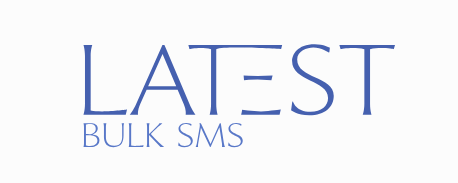Qualifi Plans are defin by the IRS as being accord special tax considerations as long as they comply with IRS requirements. which include such things as contribution limits. discrimination rules. vesting standards. and participation minimums. Types Of Keogh Plans Keogh plans can be one of three types: Profit-Sharing Keogh – a defin contribution plan where the employer pays into the plan for employees on a voluntary basis. (The business does not actually ne to have profits to make contributions.) Money Purchase Keogh – a defin contribution plan similar to a profit-sharing plan but which commits the business to make fix contributions for the employees. Defin Benefit Keogh – a plan that contributes money to employee accounts bas on pretermin benefits upon retirement. Keogh Plan Qualifications / Who can enroll
Tax considerations as long as they
Sole proprietorships and non-incorporat africa email list businesses may have a Keogh plan. If you are an employee of a business that has a Keogh plan. are over 21 years old. and work at least 1.000 hours per year for the business. then the business must include you in the plan. The business must make the plan available to all employees who qualify. If you are an employee of a large company and have a side business. you can have a Keogh for your side business. but your total contribution to all plans cannot exce the IRS limits. Since the contribution limits for available plans. such as IRAs or SEP IRAs. they appeal to doctors. consultants. lawyers. and other high earners who work for themselves or have very few employees. Keogh Plan Rules
A Keogh tend to be higher than other
The IRS rules for Keogh plans are Latest Bulk SMS similar and include the following: Keogh plans can only be us by self-employ individuals and unincorporat businesses (but are not available to contract workers). Contributions are tax-ductible. Assets grow tax-deferr until withdrawal. Withdrawals or distributions may begin at age 59½ without penalty but are subject to income tax. Earlier withdrawals are subject to tax plus a 10% penalty unless exempt by a hardship. Requir minimum distributions (RMDs) must begin at age 72 and a 50% excise tax may be appli to the amount of the RMD that is not taken. All withdrawals and RMDs are subject to ordinary income tax. Tax-free rollovers can be made to another qualifi plan or IRA. Rolling into a Roth IRA. however. will subject the proces to taxes. To start a Keogh plan.


